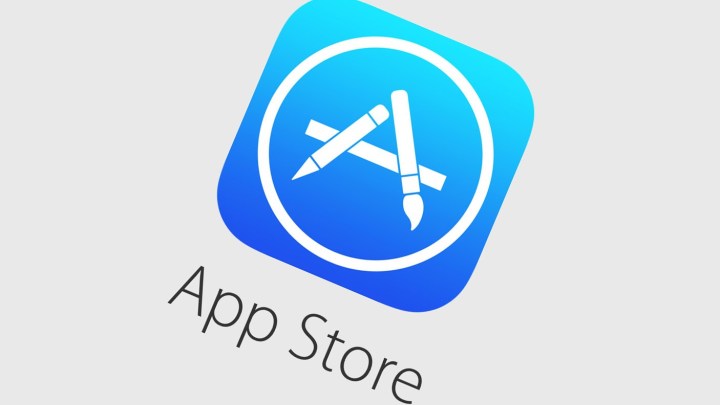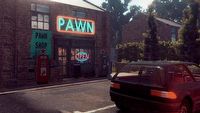Apple May be Sued for Monopolistic Practices
The U.S. Supreme Court found that iPhone users accusing Apple of monopolistic practices that resulted in excessive prices for apps on the App Store were right. This decision may also affect other major sales platforms in the future.

The U.S. Supreme Court has upheld a lower court ruling that users purchasing apps from the App Store have the right to sue Apple and seek compensation for price increases and monopoly practices.
The case has been pending since 2011
In the case known as Apple versus Pepper, Robert Pepper and several other iPhone owners sued the US giant on the grounds that the company monopolised the app market for these devices using a closed and controlled sales platform and inflated prices by charging a 30 per cent revenue share from the developers. Such a high "tax" eventually had to be passed on to end users because software developers were forced to raise prices to compensate for lost profits.
The first judgment in the case was favourable to Apple because the court found that users were the customers of developers and developers were the customers of Apple. However, the Court of Appeal decided to revoke that decision and agreed with the plaintiffs. The ruling was also upheld by the Supreme Court.
The judgment does not clearly state that Apple is a monopolist, but opens the door to further proceedings against owners of shops such as App Store, Steam, PlayStation Store or Microsoft Store, which act as dominant platforms for app distribution on specific devices.
Bricks and applications
The case is somewhat reminiscent of a 1970s dispute between Illinois Brick Co. and the State of Illinois, referred to in the grounds of the judgment, where a court found that a brick producer could not be sued by a person who had paid for the bricks to a person who was not connected with the producer in any way. The Court of First Instance explains that, unlike bricks, with regard to consumer electronics, it is difficult to speak of a vertical sales chain and an attempt to sue a company that was at the beginning of the chain. However, the App Store case is of a different nature and users are directly affected by the margins imposed by Apple on developers.
The judgment also aims to show that the Illinois Brick Company decision cannot be regarded as the only fair precedent in monopoly cases where the damage caused is difficult to estimate. As a result of the Supreme Court ruling, the case will continue in the lower court.
0
Latest News
- This is expected to be the biggest year in the company's history. Blizzard prepares an offensive that will overshadow previous years
- Bethesda envied CD Projekt RED? Starfield may undergo a Cyberpunk 2077-style metamorphosis
- Season 2 has just started, and Todd Howard is already writing the script for the third one. Fallout 5 will be changed by the TV show
- 5 games to grab on Amazon Prime Gaming. Among them, a collection of RPG classics
- My experience attending the 2025 Game Awards, and why I loved it

